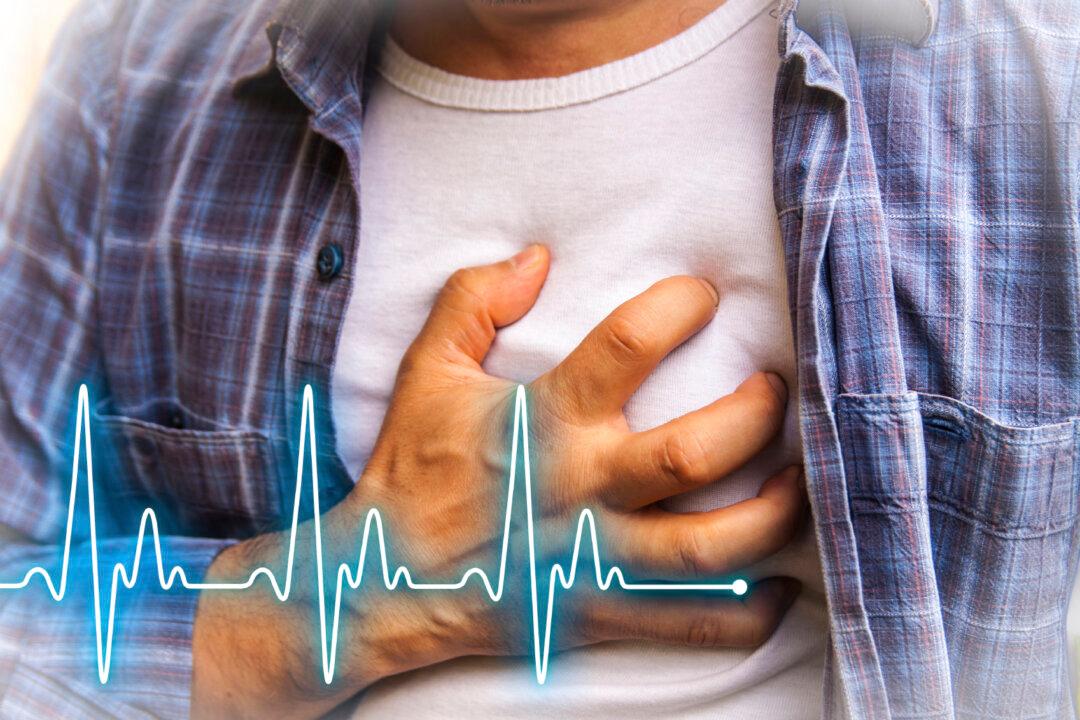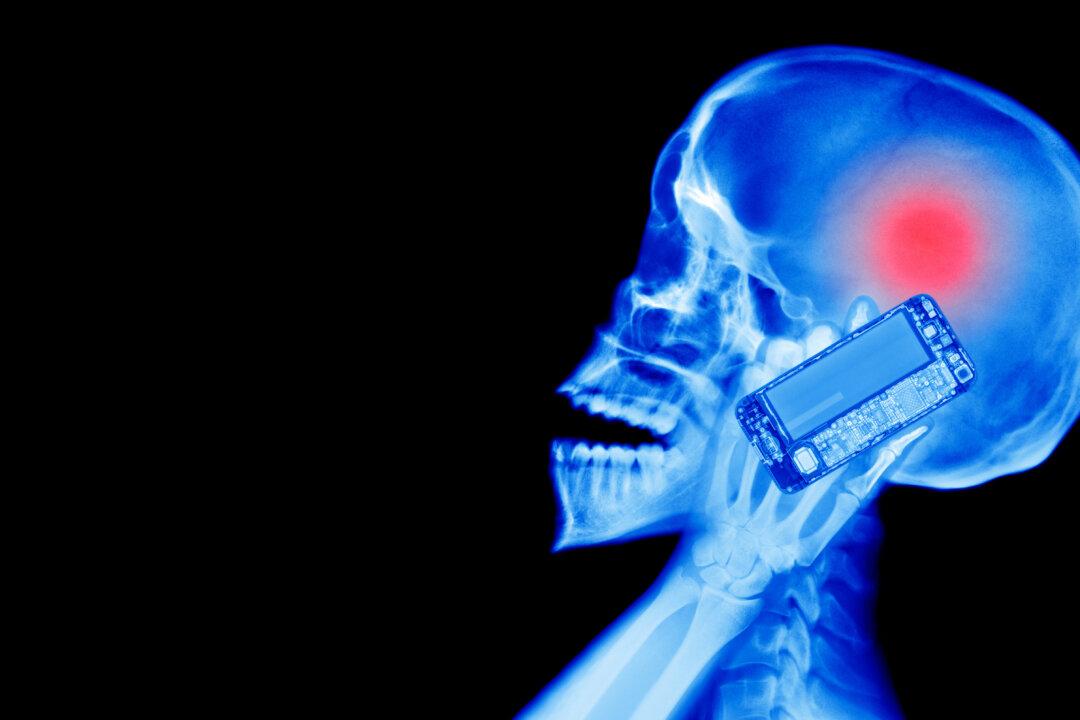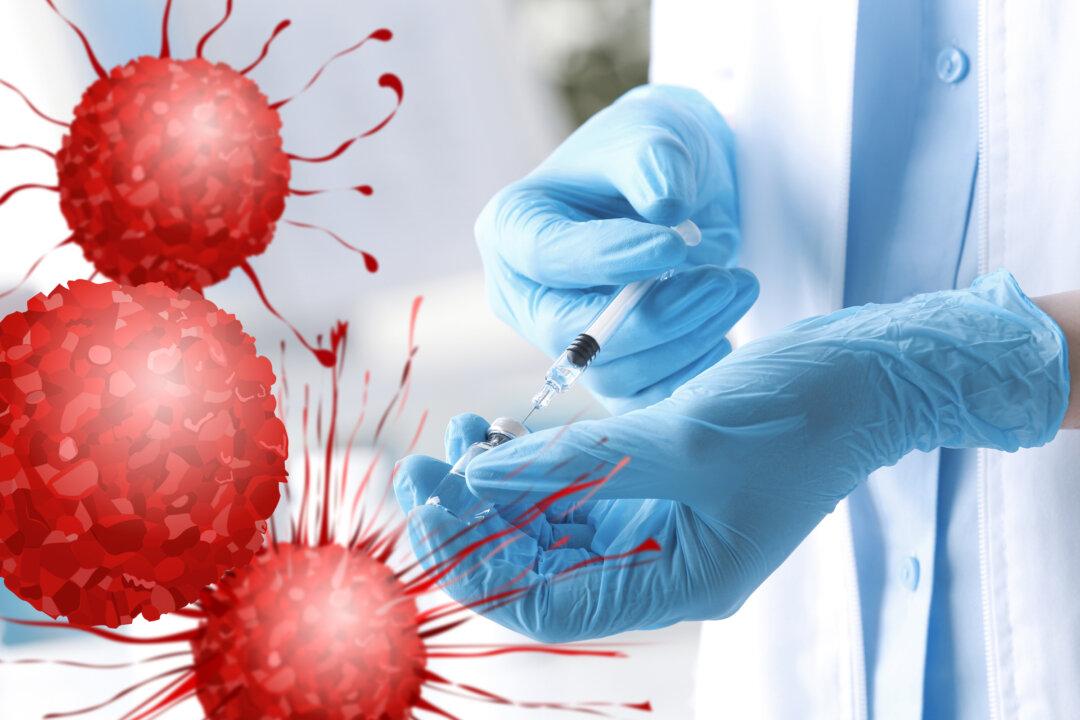In the largest study to date on myocarditis deaths related to COVID-19 vaccination, researchers found that 100 people in England died of myocarditis soon after receiving a COVID-19 vaccine.
This article was originally published by The Defender - Children’s Health Defense’s News & Views Website





